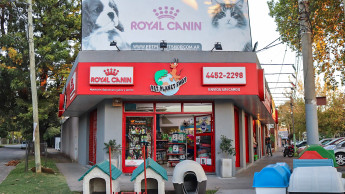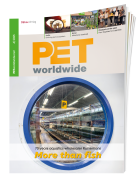An interim report on exotic pets in Scotland, funded by the Scottish Animal Welfare Commission, outlined concerns about the welfare of some non-domestic species which are in private ownership. The review aims to provide independent evidence to inform recommendations on the keeping of exotic pets. It highlighted a lack of information available on the number of animals which are traded and owned, the conditions in which they are bred and/or transported to the UK, and the suitability of captive environments in both commercial and private environments, according to the researchers.
It has been suggested that the suitability of animals as pets depends on four main factors; they are easy to keep in terms of basic physiological, behavioural and ecological needs; do not present an overt risk of becoming invasive in the natural environment; do not pose a disproportionate risk to human health; and they have reliable husbandry guidance available.
This review focuses on species which are known or estimated to be for sale in Scotland, while excluding those species which are already banned due to CITES or Alien Invasive Species legislation, and very common exotic pets, such as rabbits, small rodents (except dwarf hamsters) and canaries.
You find further information here.

 Menü
Menü

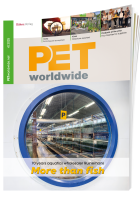



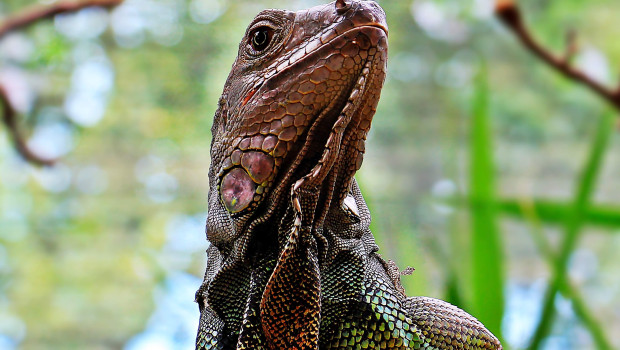
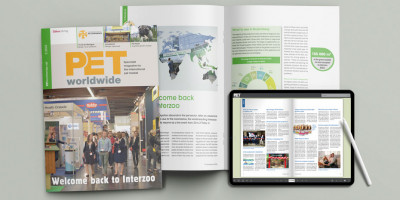
 Print - digital - online
Print - digital - online